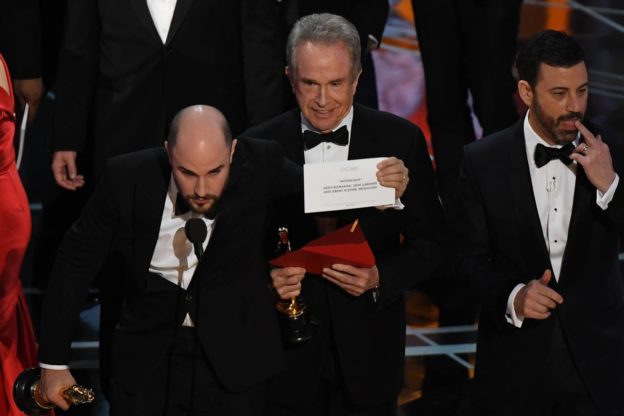The Oscars, historically, have had a poor track record of supporting black-led films and actors, but this year, despite the abundance of awards that La La Land won, Moonlight, Fences, and Viola Davis were also awarded heavily. Moonlight, in fact, won Best Picture after a mistake with the title cards stated that La La Land won instead, which was a historic and significant victory for multiple reasons. Moonlight is a black-led film about a black man who struggles and also explores his own sexuality, falling in love with another black man over the course of the film. Although La La Land was the breath of fresh air and light movie people needed after the difficult fall, it wasn\’t groundbreaking in the same way, although it was still somewhat shocking that it managed to win Best Picture, breaking step with plenty of tradition along the way. Mahershala Ali also won for Best Supporting Actor in Moonlight, making him the first Muslim to be honored with the prestigious Academy Award. His personal victory, and the multiple awards his movie received, marks hope that we are looking toward a more diverse Oscars, despite the missteps along the way. For example, Casey Affleck winning Best Actor was controversial considering that he had past allegations of sexual assault that did not seem to hinder his career. Asghar Farhadi, who won the Oscar for Best Foreign Language Film, the Salesman, wasn’t there to accept the award personally in protest of Donald Trump’s executive order banning seven Muslim-majority countries from entering the U.S., as a show of solidarity for his fellow Iranians. He called the ban “inhumane” and stated it violated human rights, even though the ban has since been halted by a federal judge. Though we traditionally think of the future as moving forward, progress is not always a straight line, and the Oscars (particularly the treatment of Hidden Figures) are an excellent microcosm of that truth.
The Oscars

Photo Credit:







